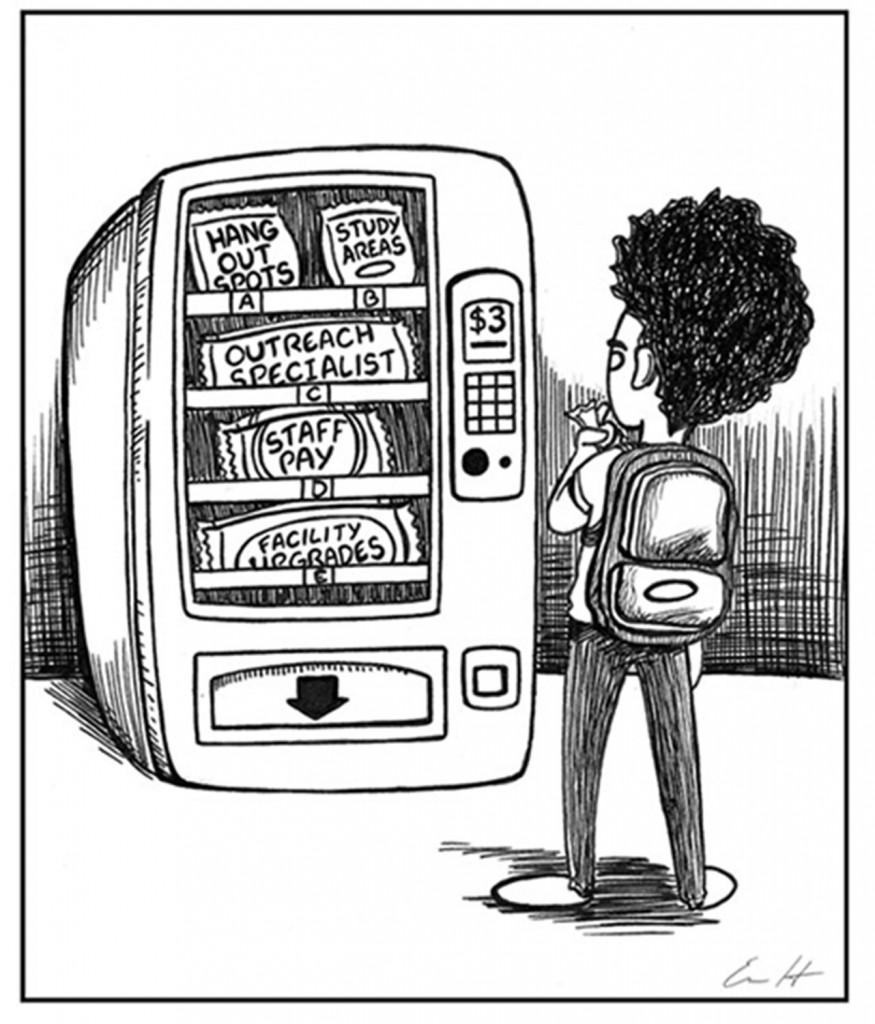After a yearlong knockdown, drag-out court battle between Samsung and Apple, a jury found Samsung guilty of copyright infringement and determined that the company must pay Apple a little over $1 billion.
Now I don’t know if that is a lot of money to either company, but in the long run, that isn’t what is going to hurt the world of technology.
The main patents that Apple sued Samsung over were design. Some pertained to the programs that run on the phone, such as the “slide to unlock” feature, but, for the most part, Apple was after them for copying the product’s look.
According to Samsung’s lawyers, the company legally gave consumers what they were asking for — a smartphone with a larger screen. They said Samsung broke no patents held by Apple and some of the innovations Apple claimed as its own were actually created by other companies.
Apple has a history of pointing to ideas that are similar to its products and claiming they are blatant rip-offs. When Google first entered the smartphone market by creating the Android operating system, former Apple CEO Steve Jobs claimed that Google had stolen ideas from the iPhone and its software.
If this is true and if $1 billion isn’t going to kill Samsung, why would Apple sue?
Simple — to knock the company out of the market. Samsung has been Apple’s main competitor in the world of smartphones and tablets.
By knocking Samsung out of the rat race, Apple would remain on top.
Google, with recently acquired Motorola Mobile, is joining the lawsuit battle. Currently, Apple is breaching at least seven of the patents held by Motorola, Google’s lawyers say. Some of these patents are for small parts essential to Apple touch screen products. Depending on how the court case goes, Apple could very well not be able to produce or sell the iPhone, iPad or iPod touch in the U.S.
If Apple is knocked out, Android phones and tablets would control the market.
It’s reached the point where companies use the patent system to prevent other companies from pushing technology forward. The iPhone is a great product capable of doing remarkable things, but that does not mean Apple, nor anyone else for that matter, should be able to say only one phone can have a rectangle with curved edges.
-David Reid/reporter




























